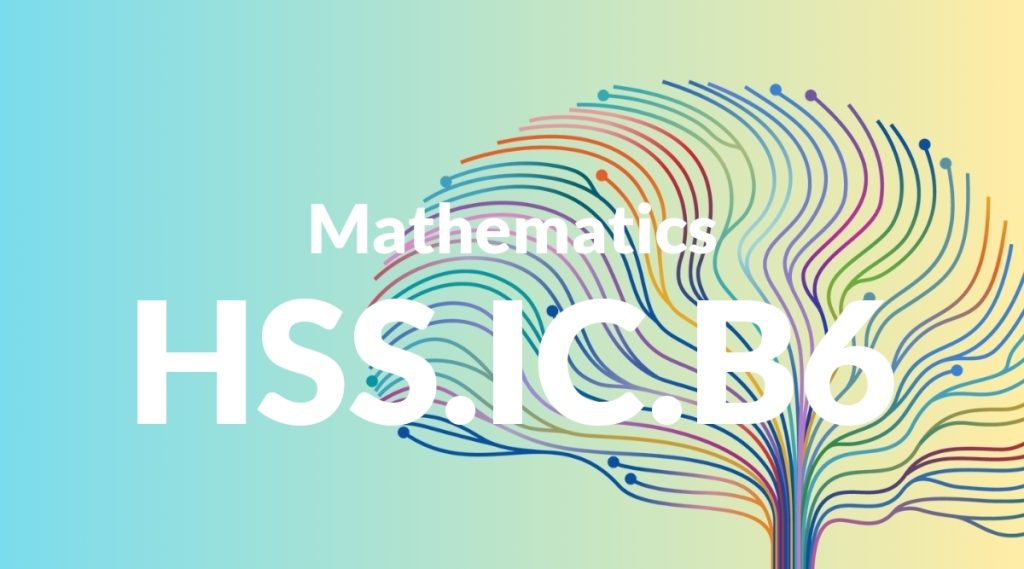Standard: HSS.IC.B6 – Evaluate reports based on data.
Grade level: High School: Statistics & Probability
Subject: Mathematics
Domain: Making Inferences & Justifying Conclusions
Teacher Overview
This standard focuses on teaching students to evaluate the credibility and accuracy of reports based on data. It is crucial because it helps students develop critical thinking skills necessary for interpreting information in a data-driven world. Students should understand basic statistical measures and how to interpret data presented in various formats.
Students will gain skills in critical analysis and interpretation of data, preparing them for advanced studies and real-world applications in various domains.
Common Misconception 1
Students may believe that all data presented in reports are accurate and unbiased. This is incorrect because data can be manipulated or presented in a misleading way.
Intervention 1
Encourage students to question the source, methodology, and potential biases of the data. Use real-world examples to illustrate how data can be misrepresented.
Common Misconception 2
Students might think that correlation implies causation. This is a common mistake because two variables can be correlated without one causing the other.
Intervention 2
Provide examples and case studies showing instances where correlation does not imply causation. Teach students to look for additional evidence before drawing conclusions.
Prerequisite Knowledge
Students should have a basic understanding of statistical concepts such as mean, median, mode, standard deviation, and data representation methods like graphs and charts.
Subsequent Knowledge
After mastering this standard, students will be able to critically analyze and interpret complex data sets, enhancing their ability to make informed decisions in various fields such as science, business, and public policy.
Instructional Activities
- Analyze news articles for statistical accuracy
- Evaluate scientific research studies
- Interpret business performance reports
- Assess political polls
- Critique health and medical studies




